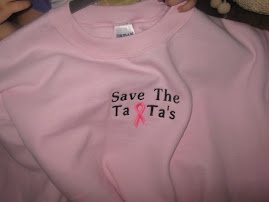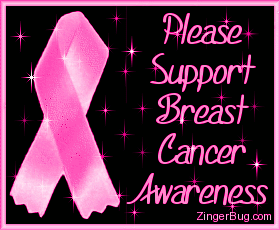This article was written by Sidney Love. There are many books with jokes to help people affected with cancer keep their sense of humor and bear the disease without allowing cancer to get the better of them. Here is what he wrote:
While humor is a good companion when you’re in treatment for cancer, you may not want cancer jokes for your personal companion. This is especially true if you just found out that you have cancer. I know because I have been there. However, after a period of tears and anxiety, I began to feel better during and after hearing cancer jokes. Eventually, you may want to come back here and read these jokes.
Like me, you may eventually discover that laughter helps the medicine go down. In fact, more than fifteen years ago 60 Minutes did a report about The Wellness Community, a support program for cancer patients and their families. They began by showing a room full of cancer patients laughing at this joke:
What do you call a person who has a compulsion to get lymphoma over and over again? . . .
A lymphomaniac.
Millions who watched the show probably asked themselves whether they would be able to find humor and laughter in the face of a life-threatening illness. For me the matter was certainly put to the test in 1993, when I was informed that I had prostate cancer. This was about the worst news that I had ever had. Terrified of dying a painful, miserable and lingering death, but recalling what I had read in Norman Cousins's book, "The Anatomy of an Illness," I obtained an armful of comedy videos and started to work. It didn't help. Maybe it might work for his illness, but cancer was another matter. Cancer was not funny!
Fortunately, however, I joined a cancer support group. In fact, it happened to be at one of the Wellness Community facilities. Then, after the first three months, I noticed that we laughed as much as we cried. Soon I was making jokes about my own condition. Surprisingly, I felt better! I even collected the jokes that I and other people brought to the group and was soon on my way to writing a book about healing humor for cancer survivors.
The point is that, when you are first informed you have cancer, there is no such thing as "humor." Once you have learned to live with your diagnosis and with your treatment, however, you can benefit from humor. A good laugh relieves stress for everyone, which researchers are beginning to demonstrate. The relief of laughter can be especially beneficial for cancer patients, who have more than enough stress to deal with.
It's now more than five years since my prostate was removed and since then no other cancer has been found. Was my cancer cured because I laughed? I don’t know. Of course, it could recur and the medical profession makes sure that I get periodic tests and check ups; yet I'm no longer overly concerned about having cancer.
What I do know is that laughing sometimes (and crying sometimes) greatly improved my quality of life. I have even known dozens of people with advanced cancer who managed to cope with their situation by using humor. That's why I was the humor editor of CancerOnline.org (which is no longer active). Now I'm glad to have LearningPlaceOnline use my jokes to bring humor into the lives of those who are going through the cancer experience—patients, caregivers, family and friends.
Subscribe to:
Post Comments (Atom)











































No comments:
Post a Comment